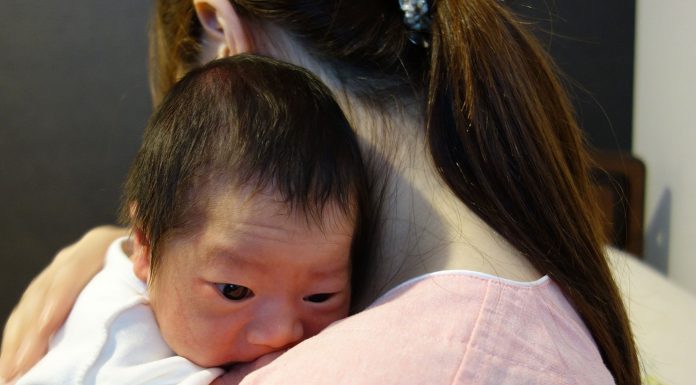The lion’s share of the extra funding will go towards the historic pay equity deal and increase in district health funding to meet population and cost pressures (see other story).
Professor Jenny Carryer, executive director of the College of Nurses Aotearoa, said the election year budget had been labelled by some as a lolly scramble with “everybody getting a little piece of this, that or the other”. But she said the spending was just shoring up “business as usual” and was not addressing the fundamental issues leading, for example, to too many New Zealand children being admitted to hospital with respiratory and skin issues.
Memo Musa, the chief executive of the New Zealand Nurses Organisation (NZN0) said while it was commendable to see the government addressing household poverty for families in the lowest incomes and the housing crisis the Budget did not bring relief to pressured nurses and was “completely lacking” in delivering primary health care funding, increasing aged care funding or addressing the 20 district health boards needs
NZNO president Grant Brookes said the lack of investment in the workforce may be the ‘tipping point’ that triggers many in aging nurse workforce to hang up their boots. NZNO Kaiwhakahaere Kerri Nuku was pleased to see housing intiatives and social investment targeted to those who needed it most, including better access to family planning services, but said more investment was needed in public health education and primary health community nurses. “Community nursing and iwi health providers are doing the ground work to keep New Zealanders out of hospital
Glen Barclay, national secretary of the Public Service Association that represents many mental health nurses, said the budget was “style above substance” and while there was some extra funding for mental health it was very light on detail and nowhere near what was needed (see MH budget story). “In mental health, it’s like giving a starving dog a rubber bone.” He said people would continue to wait for treatment and Health Minister Jonathan Coleman would continue to pretend there’s no crisis.
But Anne Brebner, the president of the New Zealand College of Mental Health Nurses (Te Ao Maramatanga) said it was pleased with the investment in mental health and believed the focus of social investment would support better outcomes for people requiring mental health support.
Nurse practitioner Sharon Hansen, the chair of the New Zealand Rural General Practice Network (RGPN) said the election year budget had not delivered much-needed funding to rural primary care to ensure equity for rural patients and health professionals with their urban counterparts. She said many rural practices had been struggling for years to fund equipment and services, such as after hours and PRIME (Primary Response in Medical Emergency) services and specialist diagnostic equipment that would enable rural patients to be assessed locally rather than sometimes traveling a considerable distance to urban hospitals at a cost some cannot afford.
Carryer said the new Budget spending would not resolve the country’s health issues as “pouring more money in without a radical revisioning of how we do things in health is futile.” She said the system of health service delivery was costly, illness focused and only filling the needs of people who were already privileged. “The fundamentals of housing, nutrition, parenting and education are essential to support health.”
Carryer also expressed frustration that the extra $1.9 million a year for Health Workforce New Zealand was targeted to pay for increased vocational medical training – like GPs – with no mention made of targeted funding for the nurse practitioner training programme pilot which is currently in its second year or any other new nursing training initiatives.
Brebner said mental health nursing was ideally placed to support primary mental health initiatives and the College had a programme of work currently underway to enhance capability in primary and community. She said the programme’s aim was to support primary care to respond earlier and with confidence when people present with mental health issues and it anticipated growing its mental health credentialing programme for primary health nurses.
Brookes said the Council of Trade Unions had calculated that yesterday’s Budget was the equivalent of a 3.5 per cent increase in mental health spending but client numbers had ben rising at about five per cent per so a seven per cent increase was needed to meet needs and costs.
Musa also pointed aged care in particular was facing heavier workloads and higher patient need and said there was nothing in the budget to fund aged care “to a level that New Zealanders deserve.”






















